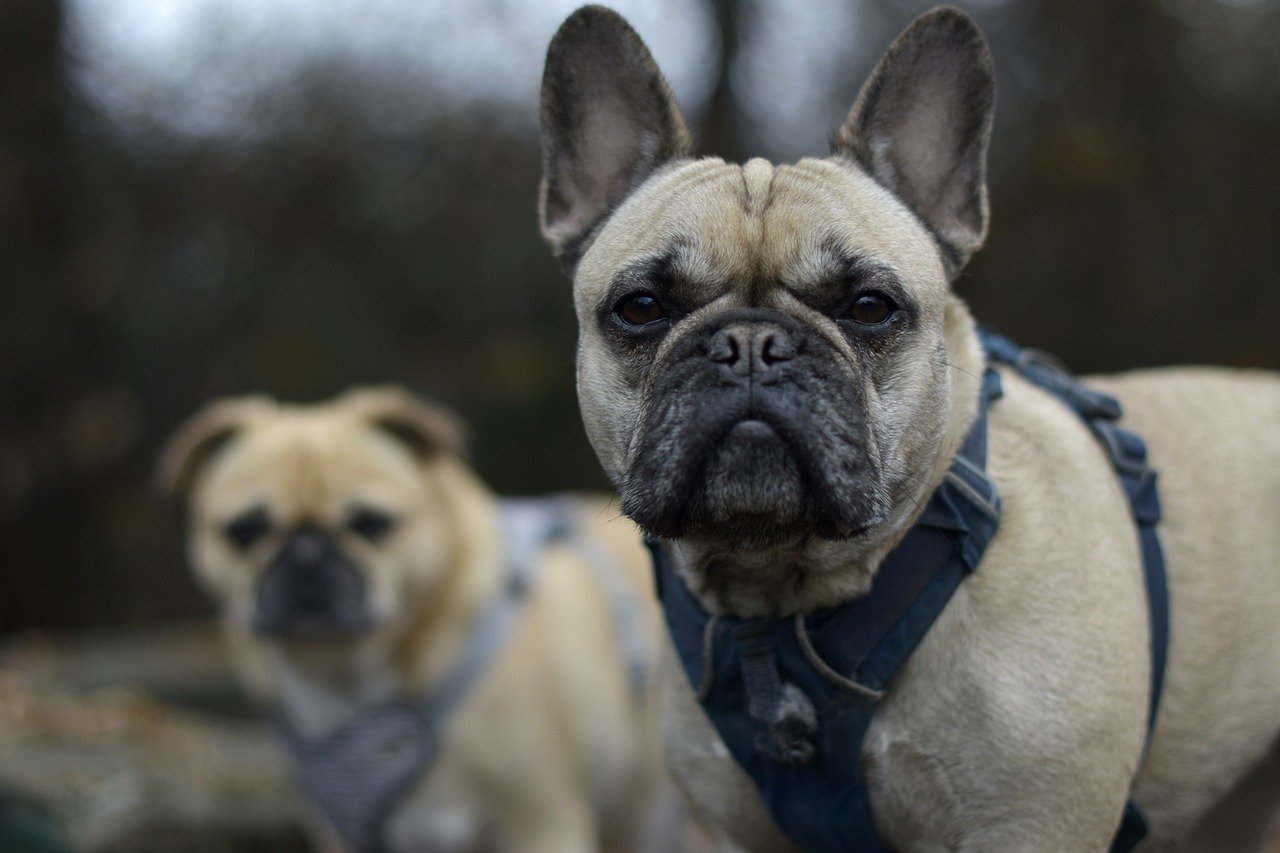The Frenchton, a charming hybrid breed, combines the playful and affectionate nature of the French Bulldog with the spirited and adaptable traits of the Boston Terrier. This blend of two beloved breeds results in a unique canine companion that boasts a range of desirable qualities. In this comprehensive guide, we’ll explore everything you need to know about the Frenchton, from its history and characteristics to care tips and potential health issues.
History of the Frenchton
The Frenchton is a relatively new hybrid breed, first emerging in the early 2000s. Breeders sought to create a dog that inherited the best traits of both parent breeds—the French Bulldog and the Boston Terrier. The goal was to develop a dog that maintains the appealing physical features and temperaments of its progenitors while mitigating some of their common health issues.
The French Bulldog, known for its distinctive bat-like ears and affectionate demeanor, and the Boston Terrier, with its lively personality and compact size, together contribute to the Frenchton’s endearing qualities. The hybridization aimed to combine the best aspects of these breeds into one dog that would be both charming and robust.
Physical Characteristics
Size and Build
Frenchtons are small to medium-sized dogs, generally weighing between 15 to 25 pounds. They have a sturdy, compact build, combining the muscular frame of the Boston Terrier with the solid, squat body of the French Bulldog. Their height typically ranges from 12 to 16 inches at the shoulder.
Coat and Color
The coat of a Frenchton is short, smooth, and easy to maintain. It can come in a variety of colors, including brindle, black, white, fawn, and various combinations thereof. While they are not hypoallergenic, their short coat minimizes shedding compared to longer-haired breeds.
Face and Ears
One of the most recognizable features of the Frenchton is its face. They often inherit the French Bulldog’s distinctive pushed-in nose and expressive eyes, combined with the Boston Terrier’s well-defined jawline. Their ears can be bat-like like the French Bulldog’s or more rounded like the Boston Terrier’s.
Temperament and Behavior
Affectionate and Social
Frenchtons are known for their affectionate nature. They bond closely with their families and thrive on human interaction. They are generally good with children and other pets, making them excellent companions for families.
Energetic and Playful
Despite their small size, Frenchtons are quite energetic and playful. They enjoy interactive play and require regular exercise to stay healthy and happy. Their playful nature makes them a joy to be around, and they often bring a lot of enthusiasm to games and activities.
Intelligent and Trainable
Frenchtons are intelligent dogs, which can make them relatively easy to train. They respond well to positive reinforcement techniques and are eager to please their owners. Early socialization and consistent training are important to ensure they develop into well-behaved adults.
Stubborn Tendencies
While generally trainable, Frenchtons can inherit a stubborn streak from their parent breeds. This means they may sometimes test boundaries or exhibit a bit of independence. Patience and consistency are key when training them.
Care Requirements
Exercise Needs
Frenchtons need a moderate amount of exercise to stay healthy. Daily walks, playtime, and mental stimulation are important for their physical and emotional well-being. They enjoy interactive toys and games that challenge their minds.
Grooming
Grooming a Frenchton is relatively straightforward. Their short coat requires minimal maintenance—regular brushing to remove loose hair and occasional baths to keep their coat clean are usually sufficient. Pay attention to their facial wrinkles, as these can trap moisture and debris. Cleaning them regularly can help prevent skin infections.
Diet
A well-balanced diet is crucial for the Frenchton’s health. High-quality dog food that meets their nutritional needs is important for maintaining their weight and overall well-being. Be mindful of portion sizes and avoid overfeeding, as Frenchtons can be prone to obesity.
Health Concerns
Like all breeds, Frenchtons are susceptible to certain health issues. Some common concerns include:
- Respiratory Issues: Due to their brachycephalic (short-nosed) face, Frenchtons can suffer from breathing problems, especially in hot or humid weather. Be cautious about their breathing and avoid strenuous exercise during extreme temperatures.
- Hip Dysplasia: This is a common condition where the hip joint doesn’t fit into the hip socket properly. Regular check-ups with a vet can help detect and manage any issues early.
- Skin Problems: The wrinkles on their face can be prone to infections if not cleaned properly. Regular checks and cleaning are essential to avoid skin issues.
Living with a Frenchton
Frenchtons adapt well to various living environments. Whether you live in an apartment or a house with a yard, they can be comfortable as long as they receive adequate exercise and attention. They are generally quiet dogs but may bark to alert their owners of strangers or unusual noises.
Training and Socialization
Early training and socialization are vital for a well-rounded Frenchton. Exposing them to different people, pets, and environments during their formative months helps them develop into confident and well-adjusted adults. Basic obedience training should focus on positive reinforcement techniques to encourage good behavior.
Conclusion
The Frenchton is a delightful hybrid breed that brings together the best traits of the French Bulldog and Boston Terrier. With their affectionate nature, playful spirit, and relatively low-maintenance grooming needs, they make excellent companions for various types of households. Understanding their characteristics, care requirements, and potential health issues can help ensure a long, happy life for your Frenchton. If you’re looking for a loving and spirited dog to join your family, the Frenchton might just be the perfect fit.











Leave a Reply